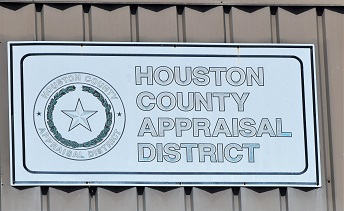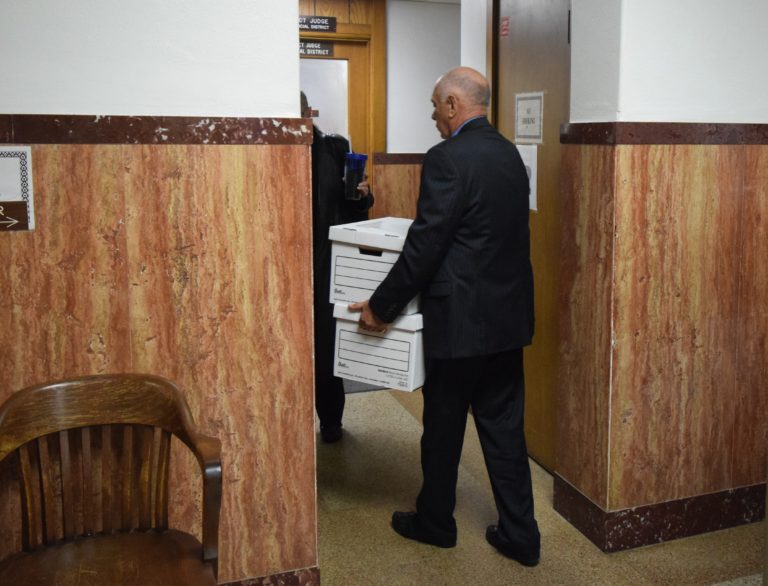Appraisal Values Sky Rocket

Property Taxes Likely Going Up
By Will Johnson
Messenger Reporter
HOUSTON COUNTY – If you’re a property owner and haven’t done so already, you may want to check the appraised value of your property. It appears that the valuation has skyrocketed by upwards of 20 % or higher in some cases.
For example, in 2019, a house in Grapeland was appraised at $99,050. In 2018, the same house was appraised at $80,140. The only improvement made to the property was the purchase of a $2,000 storage shed.
A house in Crockett went from an appraised value of $55,970 in 2018 to an appraised value of $68,900. A residence in Lovelady was appraised at $175,690 in 2018. Now, in 2019, that same residence is valued at $196,410.
It’s not just in Houston County. Anderson County appraisals are also going up. A home appraised at $134,796 is now valued at $154,082.
In some ways, this is a political shell game. While the actual property tax rate is not going up, the taxable value of a piece of property is.
Why has this happened?
Houston County Chief Appraiser Carey Minter was contacted about this matter.
One reason, Minter explained, was school districts were losing money because the appraised values were not where they were supposed to be.
“The other reason is we haven’t raised our home prices or building values in probably 10 years. We’ve tried to stay as low as we could and basically it has bitten us in the rear end,” Minter said.
So, what can a taxpayer do to offset the hike?
According to a Feb. 4 article in the San Antonio Business Journal, “County governments could offset the impact of higher property values by lowering the property tax rate, but they need more tax revenue to support the growth in the state’s economy and its rapid population growth, which has increased the demand for everything from housing to roads to schools to public infrastructure, and, most notably, to healthcare. That demand means local governments don’t pull back on tax rates when the assessed value of real estate rises. This results in a property owner’s taxes going up even when the rate stays the same.”
One of the leading property tax attorneys in Texas is Rahul Patel of the Patel Gaines legal firm. In the article referenced above, Patel stated there were “… two types of valuations for properties. One is the fair market value. The other is a provision of the tax code that requires real estate to be equally and uniformly appraised to similar properties. Property owners are entitled to the lower of those two measures.”
If a property owner feels their property has been valued inaccurately, he or she may request a review by their local appraisal review board.
When considering whether or not to protest the valuation, Patel said a property owner should first consider several questions. These are:
- Is the square footage of the building accurately reflected in the appraisal?
- Is the age of the building correct?
- Is the location and acreage of your property accurately recorded?
- Are all improvements to the property accurately reflected?
- Have all exemptions been applied?
Several bills are currently being debated in the Texas Legislature to put a cap on appraisal increases.
Will Johnson may be contacted via e-mail at [email protected].






